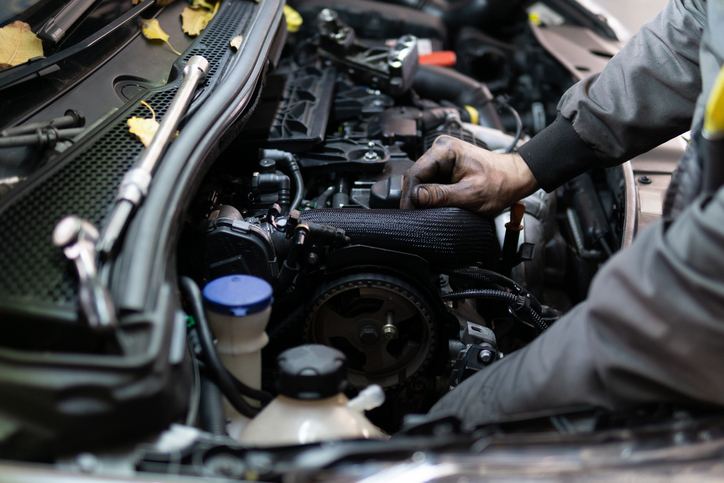Top Engine Maintenance Tips to Share With Clients After Automotive School
An engine is the beating heart of a vehicle. However, it’s not uncommon for customers to neglect their engines, failing to prioritize maintenance while expecting them to automatically provide the power a vehicle needs to run. As an aspiring auto mechanic, part of your future role will be to provide engine maintenance tips for the customers whose vehicles you service. In order to keep engines in good condition and ensure all components are in working order, regularly scheduled maintenance is key. When customers are aware of the importance of preventive maintenance, they’ll be more likely to prioritize prolonging the lifespan of their engines.
At ATC Surrey, the hands-on training you receive will equip you with the skills to perform preventative maintenance and general servicing on gasoline engines, among other key skills. Once you’re able to service engines with confidence, you’ll be well prepared to advise your customers on the best ways to care for their engines. Below, read on to discover some engine maintenance tips that you can share with your customers.
Advise Customers to Get Their Oil and Filters Changed After Automotive Training
Oil is a crucial component of an engine, working both to prevent engines from overheating and lubricating the gears. Thus, oil needs to be changed on a regular basis, with the frequency depending on the amount of kilometers driven and the instructions in the owner’s manual. For customers, understanding the impact of neglecting to change their oil will be important. When oil isn’t changed frequently, the engine’s parts may be subject to premature wear and tear, due to the constant friction from the lack of lubricant. After you complete your automotive training, you’ll be working with various types of vehicles. Thus, it’s important to be aware of the type of engine oil required for each vehicle, and when to change the oil based on the manufacturer’s guidelines.
When changing the oil, it’s also important to change the oil filters. The filters prevent metal, debris and other impurities from contaminating the oil, and will ensure that the newly changed oil remains clean. By regularly changing the filters, you can keep dirt and debris from damaging the customer’s engine, while keeping the engine’s components lubricated.

Change Air Filters to Allow the Engine to Breath
Air filters are one of the most important components of a vehicle’s engine, preventing the engine from overheating entirely. After automotive school, you’ll want to advise your customers on the necessity of air filter maintenance. Engines rely on a mixture of fuel and air in order to facilitate the process of combustion, and air filters keep the air used in this process clean. A working air filter prevents outside particles like dirt, small bugs, or leaves from ever reaching the engine. However, over time, the air filter gets clogged with debris, making it less effective in supplying clean air to the engine and reducing the amount of air the engine can obtain for the combustion process.

Antifreeze and Oil Leaks Need to be Dealt with Right Away
When customers drop off their vehicles for maintenance, make sure that you check their vehicles for any antifreeze or oil leaks. Oil and antifreeze leaks can be visibly spotted, and as a mechanic, you can advise your customers on how to detect any leaks before coming to see you. Leaks can occur from cracked or old rubber hoses which have been subject to constant pressure and heat. Additionally, rubber seals and silicon which hold the hoses together near the engine can also begin to disintegrate, resulting in fluids escaping the engine.
Leaks can cause major damage to an engine’s components, and by advising your customers to check for leaks underneath the hood of their vehicle, they can prevent unnecessary damage. If leaks are discovered, they’ll need to bring their vehicle into the shop so the damaged rubber hoses or seals can be replaced.
Are you interested in auto mechanic courses?
Contact ATC Surrey for more information!


